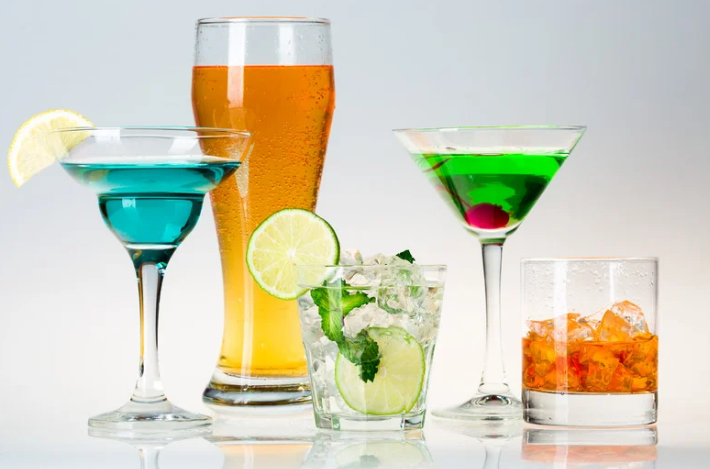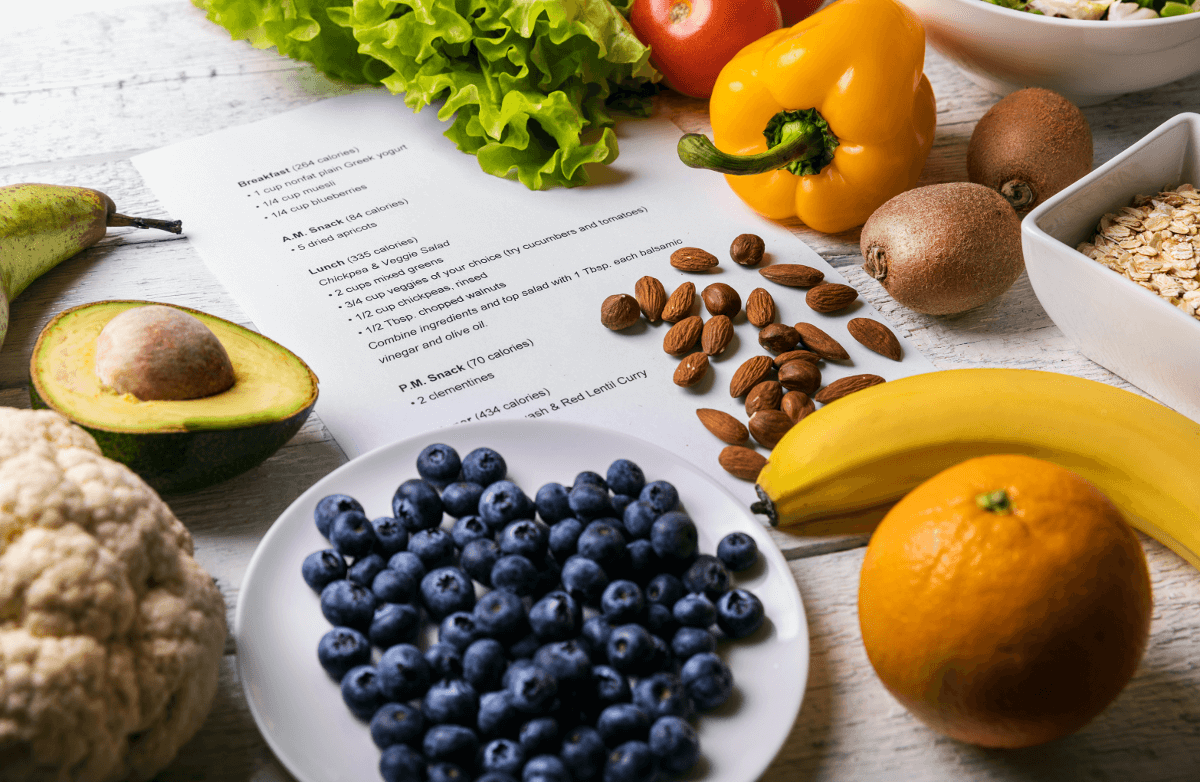
Alcohol and weight loss don’t usually go hand in hand. While enjoying a drink on occasion can fit into a balanced lifestyle, drinking too much—or too often—can make weight management much harder.
How Alcohol Affects the Body
Unlike carbohydrates, proteins, and fats, alcohol is processed differently. Your body treats it as a toxin, giving it “priority” for metabolism. This means:
-
Alcohol is absorbed quickly into your bloodstream, especially on an empty stomach.
-
The liver focuses on breaking down alcohol before anything else. While it’s busy, calories from food—especially fat and carbs—are more likely to be stored as body fat.
-
Drinking quickly or in larger amounts overwhelms the liver, leaving alcohol to circulate through the body. This explains its impact on speech, vision, coordination, and decision-making.
Hidden Calories in Alcohol
Alcohol provides 7 calories per gram with no nutritional benefit—often called “empty calories.” In addition, mixers like soda or juice add even more sugar and calories. Over time, these extras can easily lead to weight gain.
Here are the average calories in some popular drinks:
-
5 oz. red or white wine: 100 calories
-
12 oz. light beer: 105 calories
-
12 oz. regular beer: 140 calories
-
8 oz. margarita: 200 calories
-
8 oz. Long Island iced tea: 400 calories
For more calorie counts, click here.
Other Ways Alcohol Can Interfere with Your Health Goals
-
Sleep: Alcohol may help you fall asleep, but it often leads to poor-quality rest. This can leave you tired and more likely to crave extra calories the next day.
-
Digestion: Alcohol increases stomach acid and can irritate the stomach lining.
-
Hydration: As a diuretic, alcohol increases fluid loss and flushes out minerals like magnesium and potassium that your body needs.
-
Appetite & Willpower: Alcohol lowers inhibitions, making you more likely to overeat or choose less healthy foods. Drinking before or during meals especially increases this risk.
Tips for Smarter Choices
-
Eat before drinking: A balanced meal helps slow alcohol absorption and reduces overeating later.
-
Don’t skip meals: Skipping food to “save calories” for drinks often backfires.
-
Pace yourself: Sip slowly and alternate with water to stay hydrated.
-
Watch portions: Stick with standard serving sizes (5 oz. wine, 12 oz. beer, 1.5 oz. liquor).
-
Choose wisely: Opt for lower-calorie options like light beer, dry wine, or liquor mixed with club soda instead of sugary sodas or juices.
Bottom Line
Alcohol can add extra calories, reduce your body’s ability to burn fat, and make it harder to stick to your nutrition goals. If you choose to drink, do so mindfully: plan, make smart swaps, and enjoy in moderation.
Always check with your healthcare provider if you have health conditions or take medications that could be affected by alcohol use.












